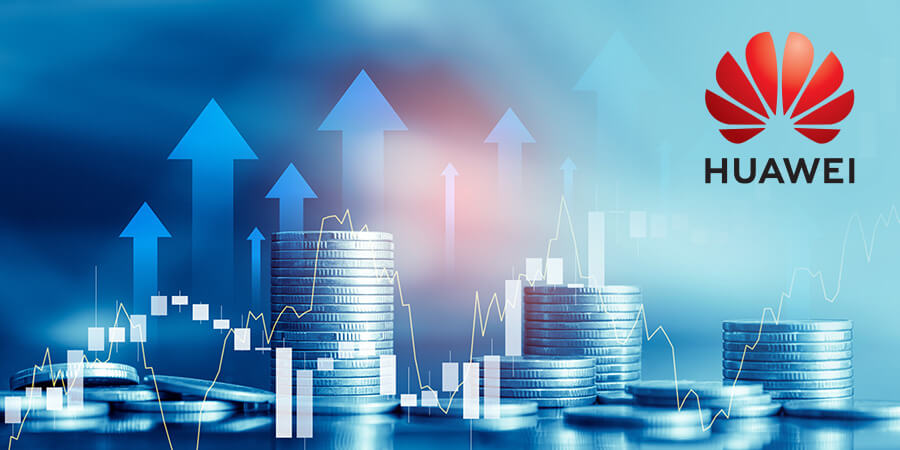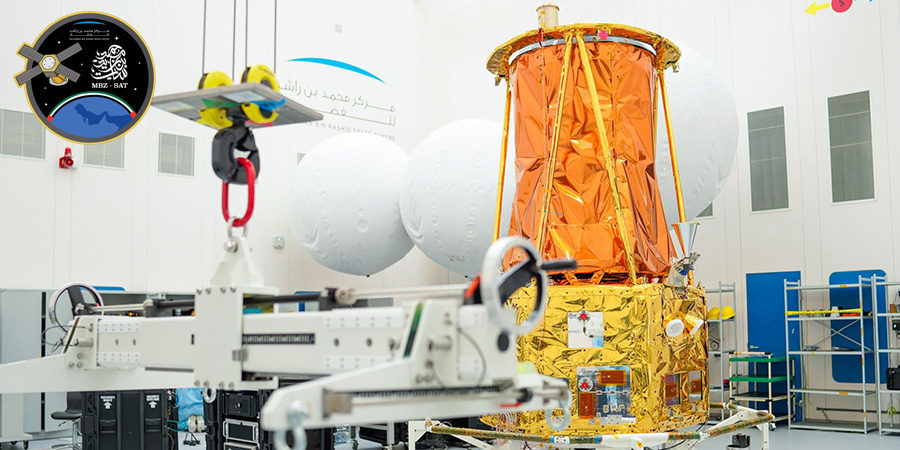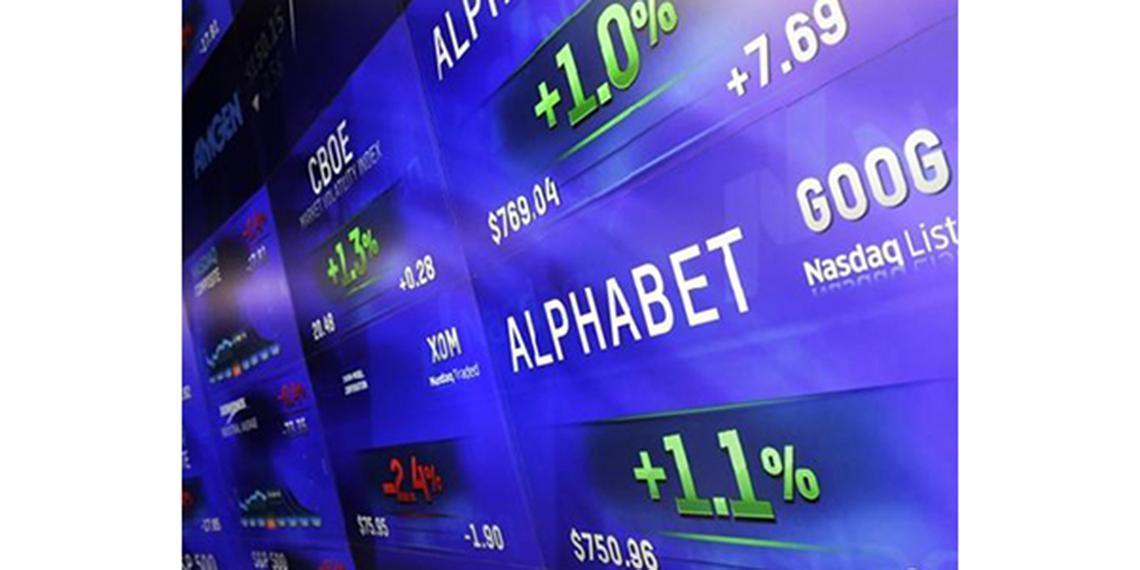From 2004 until 2008, Google, with its phenomenal worldwide search engine, stood as the world's most valuable company. Google's top position would soon be rivaled by Apple Inc., another tech-giant that overtook Google thanks to its lucrative iPhone products. This year, Alphabet, the newly formed parent company of Google, has finally snatched back the title of world's most valuable company, smashing predicted earnings for Q4 2015.
On February 1, 2016, Alphabet Inc. became the most valuable publicly traded company in the world, ousting Apple Inc. from the number one position. From its earnings report, results show that Alphabet smashed expectations on both ends, raking in $21.3 billion in revenue and earnings of $8.67 per share. Analysts were only expecting earnings of $8.09 on $20.8 billion in revenue, but Alphabet did not disappoint investors. Clearly the establishment of Alphabet was a profitable decision.
Never heard of Alphabet before? Alphabet is the new publicly traded entity of Google, created on August 10, 2015. Google has become a wholly-owned subsidiary of Alphabet, with all the same rights. Alphabet is essentially a collection of companies, the largest of which is Google, with founder and Alphabet CEO Larry Page, describing the new Google as ""a bit slimmed down with companies that are pretty far afield of our main internet products contained in Alphabet instead.""
For example, Alphabet doesn't just stick to software development, but also braches out into areas such as health; with the likes of Life Sciences which works on glucose-sensing contact lenses, and Calico which focuses on longevity, as well as other subsidiaries such as Google X, an R&D facility, and Nest Labs, a home-automation producer. Google is branching out into new territories and its proving to be successful.
With its stellar financial results, Alphabet celebrated not only being the most valuable publicly-traded company in the world as of 2016, but also the fact that it has knocked Apple from the top spot - a company that has previously dominated the market thanks to hugely successful products like the iPhone and iPad. In the end, Alphabet came in at a market cap of $558 billion after jumping about 8 percent after the company recorded its Q4 earnings, eclipsing Apple which sits at a market cap of $535 billion.
The results called for celebration because Google hasn't held the top spot over Apple since February 2010, when both companies were worth less than $200 billion. At that time, Apple hadn't yet released its first iPad, and the most current iPhone on the market was the 3GS, leaving the Mac as Apple's most profitable product line, accounting for one-third of revenue. In 2011, Apple flew passed Exxon to become the world's most valuable company. Then in September 2012, Apple had a historic year jumping from $180 billion in value to over $650 billion. At that stage, Google and Apple were separated by over $400 billion, and the company held the top spot until now. But how long will Apple's success last?
Some reports suggests that Apple's main problem for the coming years will be its reliance upon the iPhone, which currently accounts for two-thirds of Apple's revenue. The iPhone is an extremely lucrative area of business, but recent sales drops have to be taken into account. iPhone sales in the fiscal first-quarter increased only by 1 percent from the previous year, while Mac and iPad revenue dropped. There are concerns from investors that unless Apple changes its course and decides to compete with lower cost Android manufacturers on price, the company's dominance could soon fade away, as consumers search for products with a friendlier price tag.
Before iPhone-mania kicked in, Google held the position of most valuable company from the time of its IPO in 2004 until 2008. Google's current rise against Apple began in July 2015, when the company's shares soared 44 percent, compared with Apple's shares which sank 16 percent.
Even though the two tech giants compete for the top spot, Apple and Google are also connected in many ways and need one another to function. For example, Google reportedly paid Apple a hefty fee to keep its search bar on the iPhone.
Apple Inc. reportedly received $1 billion from Google in 2014 - information obtained from a transcript of court proceedings from Oracle Corp.'s copyright lawsuit against Google. Google reportedly has an agreement with Apple which gives them a percentage of the revenue Google generates through the search engine on Apple devices. There have only been rumors about how much Google pays Apple to be on the iPhone, because the two companies have never officially disclosed the amount.
""The specific financial terms of Google's agreement with Apple are highly sensitive to both Google and Apple,"" Google said in its Jan. 20 filing. ""Both Apple and Google have always treated this information as extremely confidential.""
This proves how closely tied the two tech giants are; the lengths that Google must go to in order to keep its search tool on Apple devices, and how much Apple benefits financially from Google's advertising-based business model. Oracle Corp. has reportedly been fighting Google since 2010 over claims that the company used its Java software without paying for it to develop Android. The showdown, which has ended up in the U.S. Supreme Court, could see Oracle seeking over $1 billion in damages.
Regardless, Google continues to grow significantly, with areas such as Gmail reportedly reaching 1 billion active users. Other areas of Google's business ventures aren't as simple to analyze. For example, Google's other operations such as Nest, have never been separate from its core business; therefore, investors have had no real indication of how Google's other projects are performing, or how much they contribute to the company, other than using educated estimates.
Matthew Lynley writes for Tech Crunch: ""So far, that bet is growing in revenue at least: other bets accounted for $448 million in revenue in 2015, up from $327 million in revenue in2014. That being said,it showed huge widening losses- going to a loss of $3.6 billion from $1.9 billion in 2014.""
Google also has to deal with foreign exchange rates and the general global economy, just like any other international corporation. The company's revenue was reportedly up 18 percent year-over-year, but in constant currency it would have risen 24 percent. Likewise, Apple also noted that there was a difference in $5 billion in revenue if not for foreign exchange rates, and for Google that represents about $1 billion in revenue.
This is just one of the many challenges that hardware businesses are going to face. For example, Apple's growth engine which has been one of the most significant in the world for a long time, has begun to stall as it faces ""economic headwinds globally"". There is also the obstacle of how willing Apple's customers are to upgrade their Apple devices, which compared to other Android devices available today, are exceedingly expensive. All the while Google is moving along nicely and operates the most popular worldwide search engine. The company with its new brand name, is branching out into new areas of potential profit, which at this stage, seems to be paying off.




















































